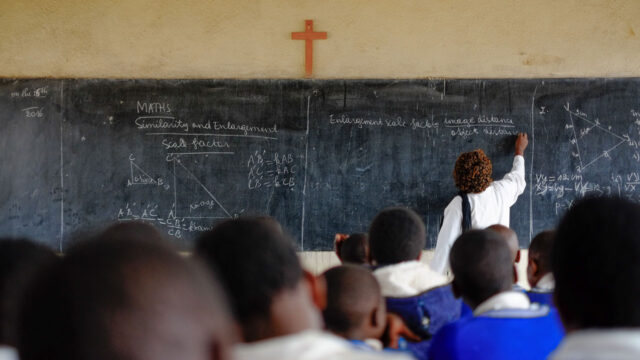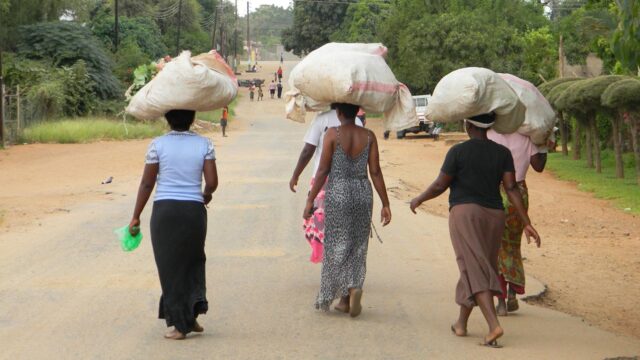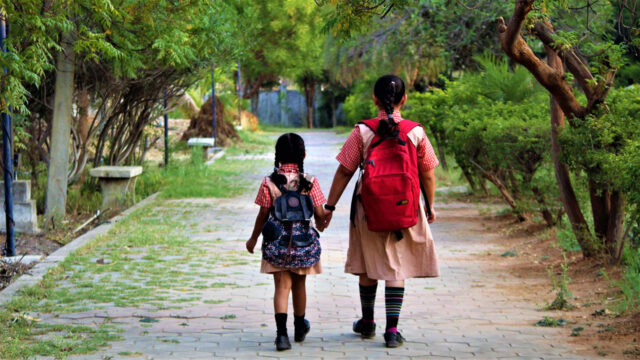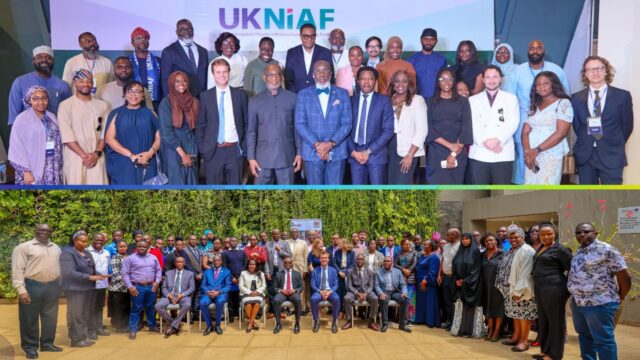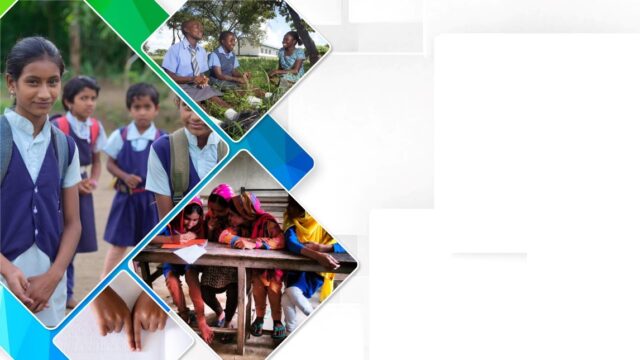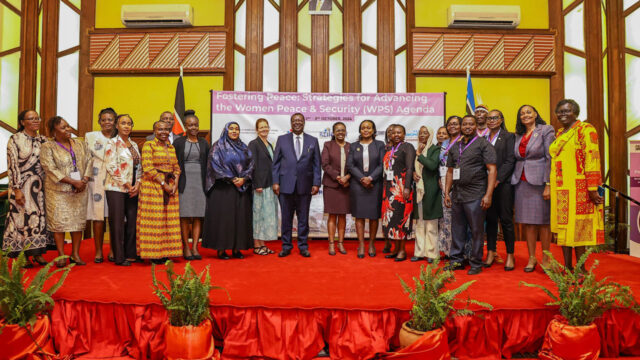Gender equality and social inclusion
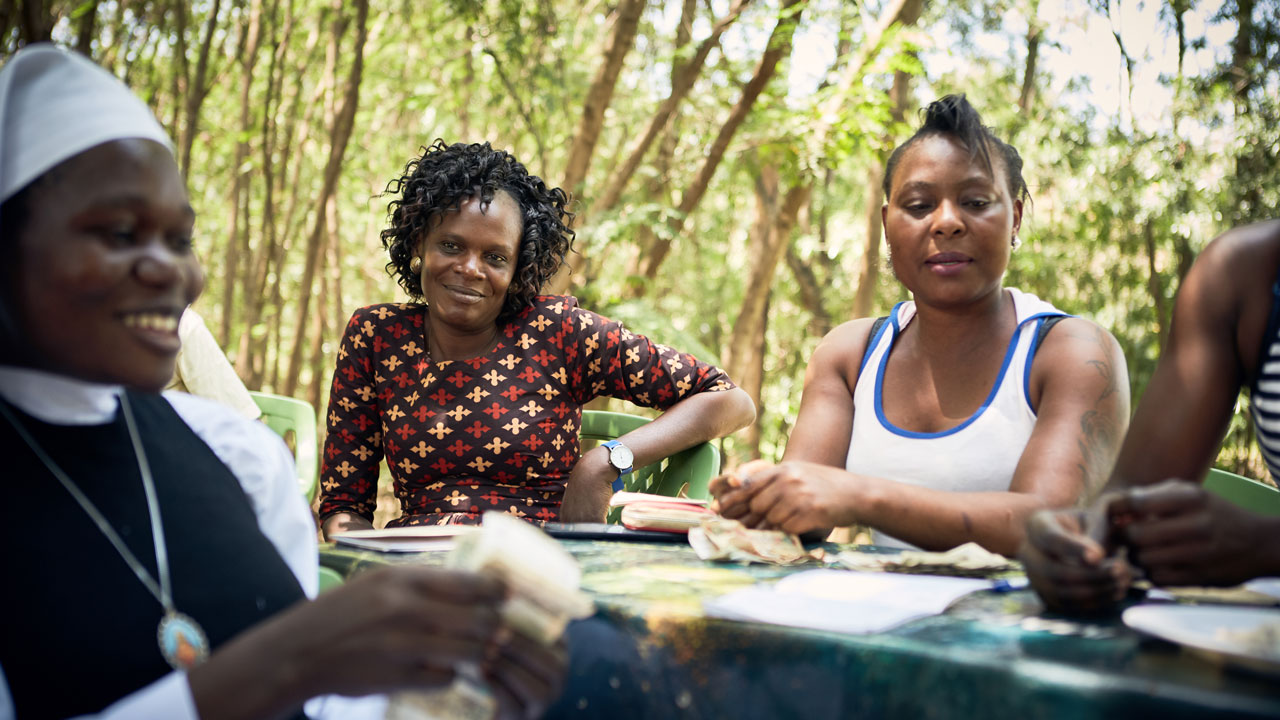
At Tetra Tech, we actively promote gender equality and social inclusion in all our work, as part of the sector-wide effort to empower socially-marginalised groups around the world.
We are committed to equal outcomes by designing, delivering, monitoring and evaluating programmes in an inclusive way, while championing diversity within our organisation and operations around the world.
Our gender team brings together gender specialists from across the business to share best practice in gender mainstreaming and socially-transformative programming. The team is our go-to network of in-house gender experts who share best practice, provide bespoke tools for gender and social inclusion analysis, and build staff capacity. Our team ensures that Tetra Tech complies with our commitment to gender equality and meet regularly to share lessons of what works well across the company.
Tangible commitments
We are committed to ensuring that all our work is gender-sensitive at a minimum. That is why we have developed a bespoke Gender Marker – adapted from OECD-DAC – and a Gender and Social Inclusion Analysis framework. Together, these tools guide our teams throughout the project management cycle to ensure programmes address the constraints and opportunities faced by different groups.
An inclusive approach to monitoring, evaluation, research and learning
We are experienced in using gender and social inclusion analysis to provide insights that support decision-making in gender policy and programming. We are a trusted partner in delivering inclusive monitoring, research and learning programmes across a range of thematic areas, including education, climate change and gender-based violence, and in measuring programme impacts on marginalised groups through complex evaluations.
Expert gender advisory services
Our in-house Gender Team provides advisory support to a range of Tetra Tech programmes. It is a cross-practice team made up of over 20 gender specialists from across the company with a range of sectoral experience, including climate change & environmental sustainability, education, violence against women and girls, private sector development, safeguarding, governance and conflict.
Connect with us. Reach out to our gender equity and social inclusion experts.
